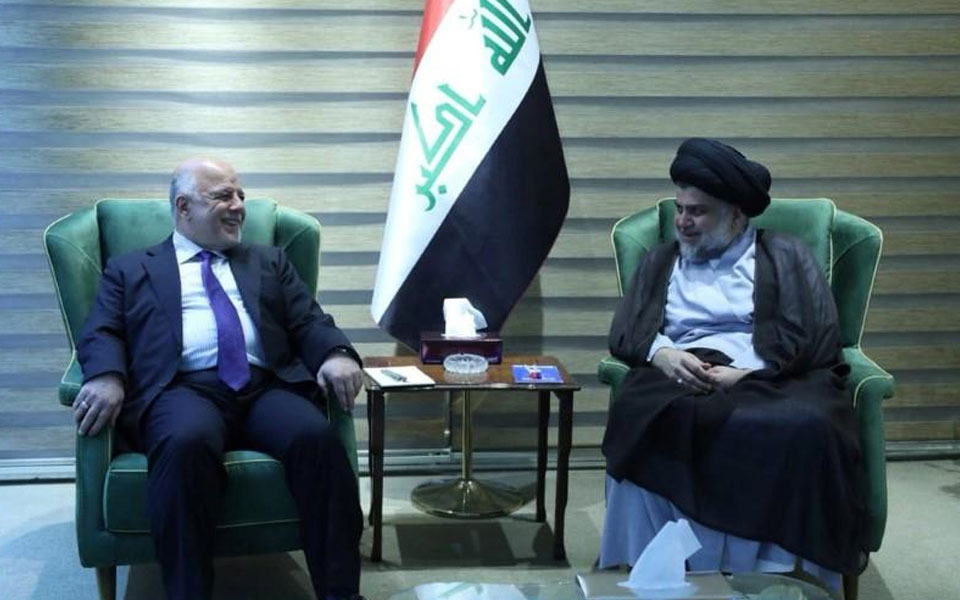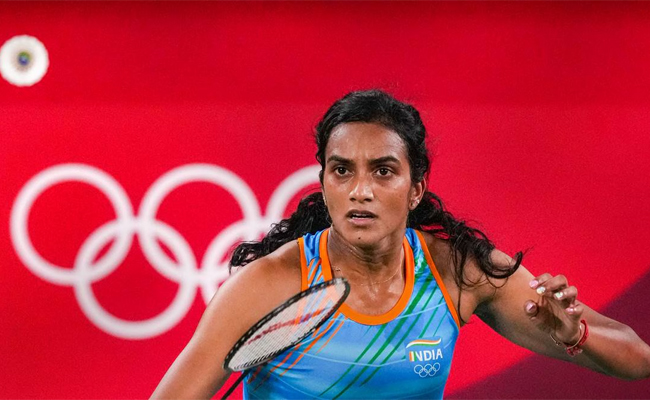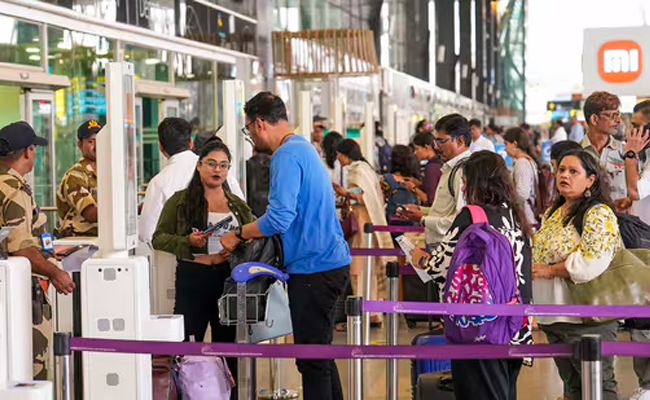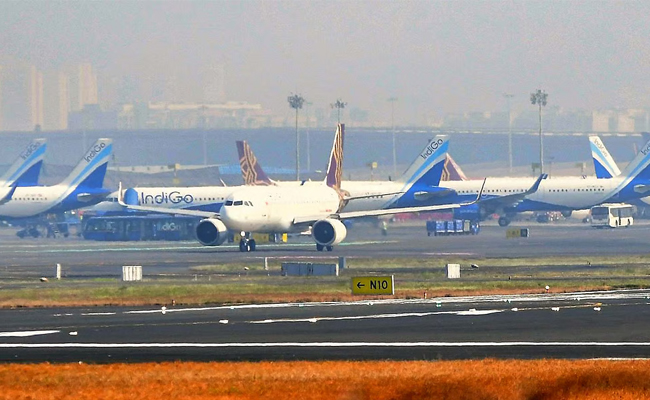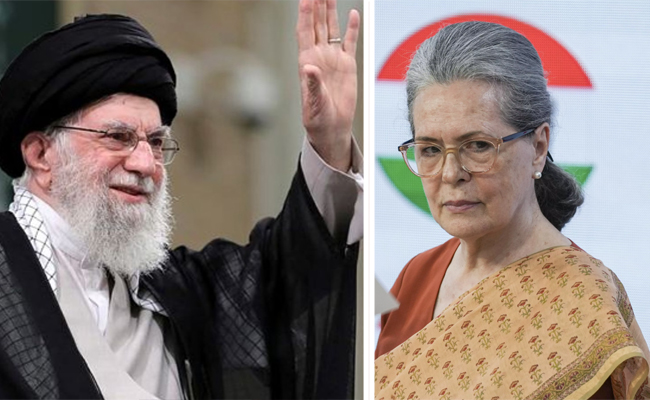Baghdad, June 24 : Iraqs outgoing Prime Minister Haider al-Abadi and radical Shiite cleric Moktada al-Sadr have said they have become political allies in an effort to form a new government in the wake of a widely discredited May elections.
The announcement, made in the Shiite holy city of Najaf in a meeting between American ally Abadi and a long-time US foe Sadr on Saturday, came as a surprise to many political observers, the New York Times reported.
This was especially because Sadr -- the top vote-getter -- had already announced an alliance with a pro-Iranian Shiite leader, Hadi al-Ameri.
Ameri was second in the polls, while Abadi was third.
"This is a call for an alliance that is nonsectarian and rejects ethnic politics in order to include all of the Iraqi people," Sadr said at a joint news conference with Abadi, who is still the Prime Minister until the new parliament sits on July 1 and elects his replacement.
"We want to speed up the process of coming to a political agreement to send a positive message to the citizens that we are serious about moving forward," Abadi said.
Sadr scored an upset victory as the leading vote-getter in the May 12 national parliamentary elections, which were marred by the lowest voter turnout since the 2003 fall of Saddam Hussein. But no party won enough seats in parliament to govern without forming alliances with several of the many parties.
The results were also contested on grounds of fraud, with the outgoing parliament ordering a manual recount of the votes, a decision upheld by Iraq's highest court. It was unclear, however, whether the new parliament would carry out that decision, the New York Times report said.
Let the Truth be known. If you read VB and like VB, please be a VB Supporter and Help us deliver the Truth to one and all.
Bengaluru (PTI): Two-time Olympic medal-winning Indian badminton star P V Sindhu, who was stranded in Dubai due to closure of airspace in the Gulf region, has returned to the country after pulling out of the All England Championships in Birmingham.
Sindhu posted on X to announce that she is back in the city.
"Back home in Bangalore and safe. The last few days have been intense and uncertain, but I'm truly grateful to be back to my house," she posted.
"A heartfelt thank you to the incredible ground teams, Dubai authorities, airport staff, immigration, and every single person who stepped up and took such good care of us during a very difficult time. The empathy and professionalism meant more than words can say.
ALSO READ: Sonia slams Modi govt's silence on Khamenei killing, demands debate in Parliament
"For now, it's time to rest, reset, and figure out the next steps," she added.
The former world champion was on her way to Birmingham via Dubai, when she was stranded after the flight operations were suspended in the Gulf region following the US and Israeli bombing of Iran.
Iran subsequently retaliated, hitting Dubai as well.
"Moments like these remind you how fragile normal life really is," she had posted on February 28 while revealing some details of her ordeal, which included an explosion near her place of stay.
She had described the experience as "extremely tense and scary moment" for her and her team, including Indonesian coach Irwansyah Adi Pratama.
Back home in Bangalore and safe 🙏
— Pvsindhu (@Pvsindhu1) March 3, 2026
The last few days have been intense and uncertain, but I’m truly grateful to be back to my house. A heartfelt thank you to the incredible ground teams, Dubai authorities, airport staff, immigration, and every single person who stepped up and…

